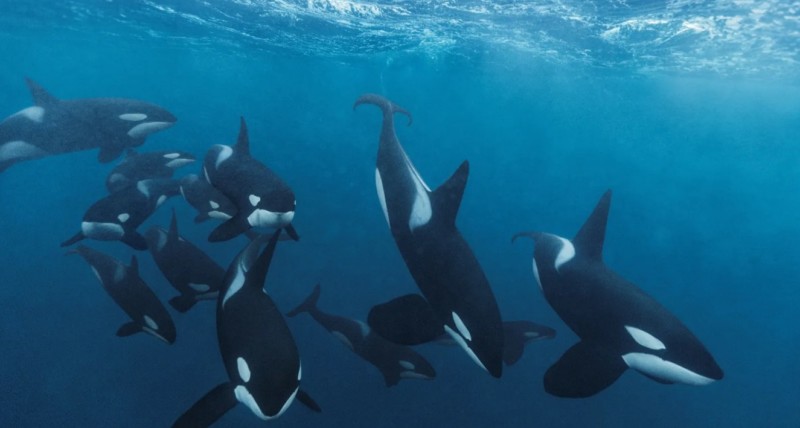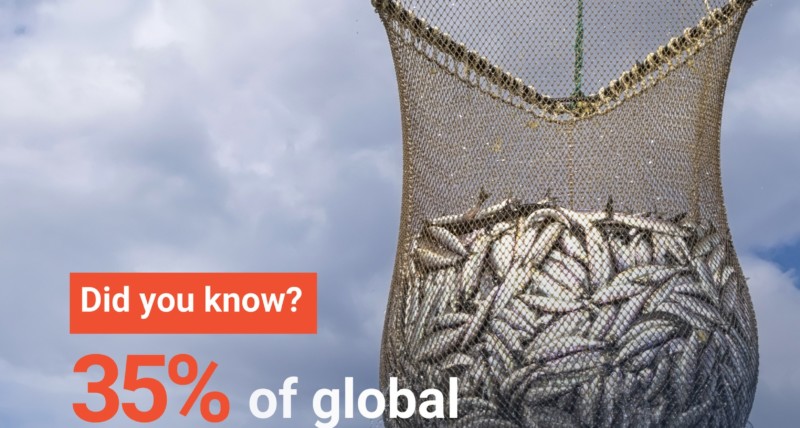The federal government, the world’s largest purchaser of goods and services, initially plans to stop using single-use plastics in its catering, events and packaging activities by 2027, before extending this to all its activities.
The US government intends to set an example in the face of the “plastic pollution crisis”. On Friday July 19, Washington announced a plan to phase out the use of single-use plastics in federal operations by 2035.
Plus que symbolique, ce plan, dont le périmètre exact doit être précisé ultérieurement au registre fédéral américain, pourrait avoir un impact significatif sur l’industrie du plastique pour limiter la pollution liée à sa production, à son utilisation et à son devenir une fois qu’il est jeté. Car le gouvernement fédéral américain, qui inclut des centaines d’agences liées à différents ministères comme le FBI (police), les services météo et les forces armées, est le premier acheteur de biens et de services au monde.
“Plastic and waste production has doubled over the past two decades, polluting our oceans, poisoning the air breathed by people living near manufacturing plants and threatening public health,” says Washington in a statement.
According to the plan, which is part of a broader framework to combat this scourge, the federal government will “gradually stop sourcing single-use plastics for its catering, events and packaging activities by 2027”, before expanding to all federal operations in 2035. In 2022, Joe Biden’s administration had already announced a similar measure for national parks and publicly owned lands.
Global treaty negotiations scheduled for November
The U.S. government’s 80-page strategy calls for action at every stage of the plastic life cycle, from production to reprocessing.
« Nous saluons l’engagement de l’administration Biden à éliminer progressivement les plastiques à usage unique », a déclaré Christy Leavitt, directrice de l’ONG Oceana, qui estime que quelque 15 millions de tonnes de plastique pénètrent dans les océans chaque année.
Some countries and environmental NGOs are calling for a sharp reduction in plastic production by 2040. But oil-producing countries and industry lobbies are pushing for recycling.
A fifth and final round of negotiations for a global treaty to combat plastic pollution is due to take place in Busan, South Korea, in November. Without an ambitious, binding treaty, the NGO WWF predicts a tripling of plastic pollution in the oceans by 2040, with serious consequences for the environment and biodiversity.
Source: Le Monde



